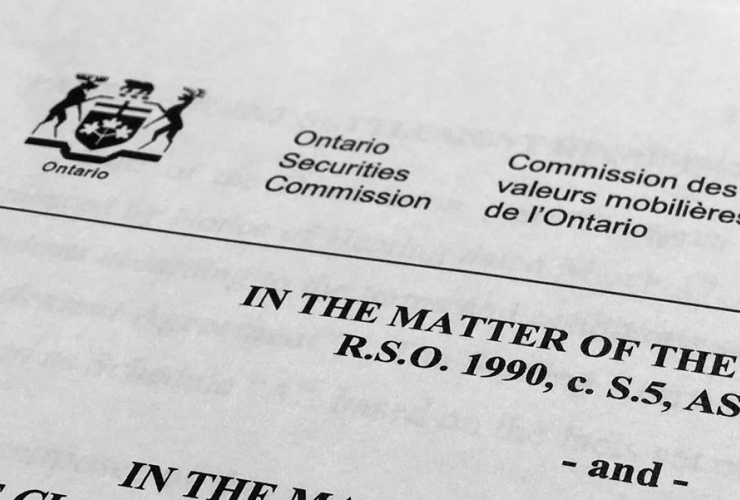Santos dismisses greenwashing allegations as a ‘biased retelling’ of its net zero aspirations
The landmark case, which began on 28 October, was the first to challenge the veracity of a company’s net zero plan, and test whether corporations could be held legally accountable for their climate reports and strategies.























